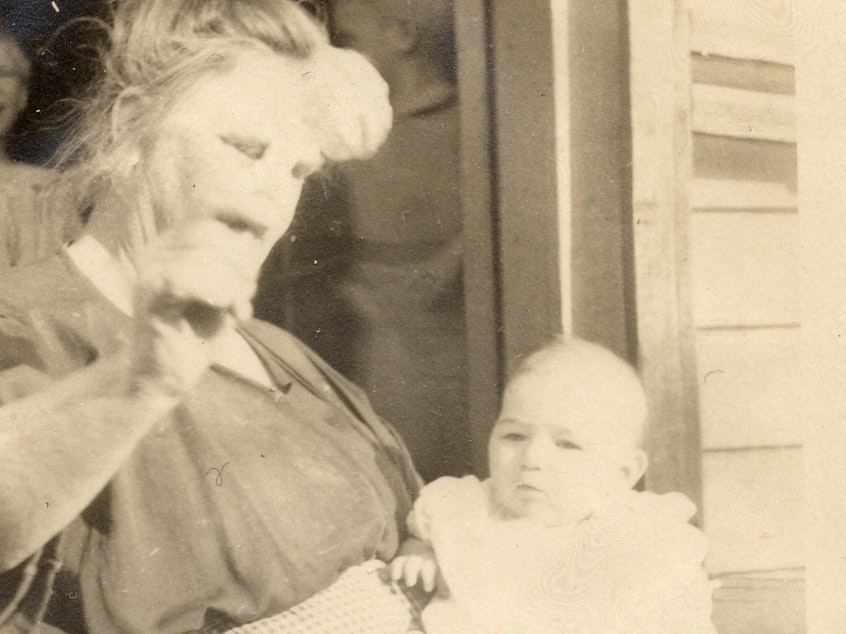Whose Utopia? How Science Used The Bodies Of People Deemed 'Less Than'

Throughout history, people have sought to create utopias. Perfect societies free of defects.
Of course, not everyone shares the same vision for a utopia. Different people have different priorities. But the wishes of those with power and prestige almost always take precedence.
On this episode of the Hidden Brain radio show, we tell the story of overzealous American scientists who believed creating a utopia for some would eventually lead to utopia for all. This is a story of people who believed they were doing the enlightened thing, even if it traumatized others.
We begin with the history of eugenics in the United States. More than 60,000 people were forcibly sterilized in the 20th century. Historian Paul Lombardo, author of Three Generations, No Imbeciles: Eugenics, the Supreme Court and Buck v. Bell, says the Supreme Court enabled eugenicists.
"It's better for all the world if, instead of waiting for degenerate offspring to die from starvation or for criminals to be executed for their crimes, that we stop this line before it goes on - better that those people not be born at all," said Lombardo, paraphrasing Justice Oliver Wendell Holmes Jr.
There is a long legacy of leaders endorsing experimentation on the bodies of vulnerable people. In the latter portion of the program, we remember Anarcha, Lucy, and Betsey. The experimental surgeries conducted on these enslaved women in the late 1840s led to significant advancements in gynecology.
"There was a belief at the time that black people did not feel pain in the same way. They were not vulnerable to pain, especially black women," said Vanessa Northington Gamble, a physician and historian of medicine at the George Washington University.
Hidden Brain is hosted by Shankar Vedantam and produced by Jennifer Schmidt, Parth Shah, Rhaina Cohen, Laura Kwerel and Thomas Lu. Our supervising producer is Tara Boyle. You can also follow us on Twitter @hiddenbrain, and listen for Hidden Brain stories each week on your local public radio station. [Copyright 2019 NPR]
